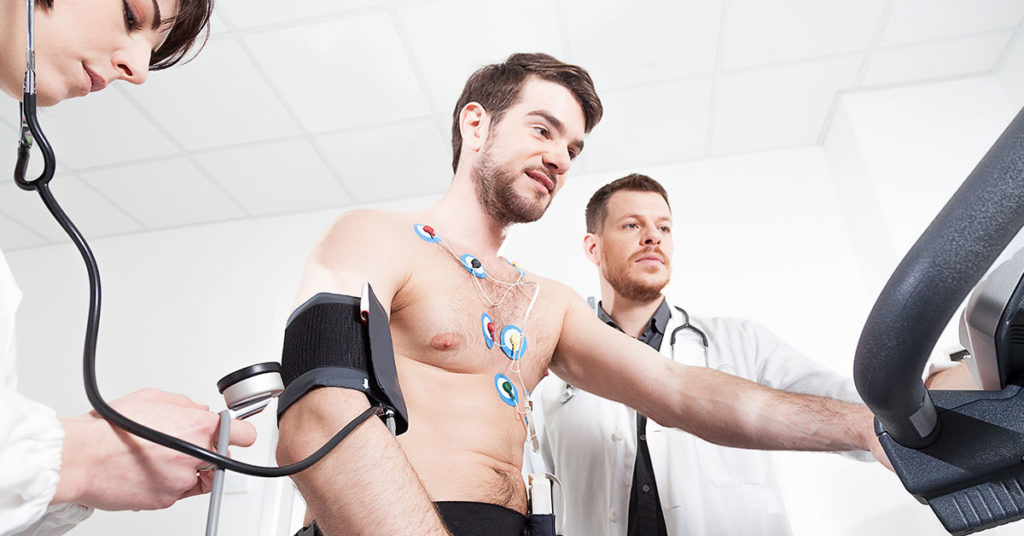Key points
- Hypertension is a disorder that significantly increases the risk of heart disease, encephalopathy, kidney disease, and other diseases.
- There are an estimated 1130 million people with hypertension in the world, most of them living in low- and middle-income countries.
- It is one of the main causes of premature death in the world.
Hypertension is a condition in which the arteries (blood vessels) have a persistently high pressure, which can lead to damage. Every time the heart beats, it pumps blood into the vessels to carry it throughout the body. Blood pressure is the force that blood exerts against the walls of the arteries when it is pumped by the heart. The higher the pressure, the more effort the heart must make to pump it.
However, most people with this disease do not have symptoms and only occasionally does hypertension cause headaches, shortness of breath, vertigo, chest pain, palpitations, and nosebleeds, which is why it is considered a silent disease.
Risk factors
At least 1130 million people suffer from this disease worldwide, the vast majority are in low-income countries, so among the most common modifiable risk factors are unbalanced diets with excessive consumption of salt, saturated and trans fats, and insufficient intake of fruits and vegetables, physical inactivity, tobacco and alcohol use, overweight or obesity. On the other hand, non-modifiable risk factors are a family history of hypertension, being over 65 years old, and having other diseases such as diabetes or kidney disease.
Complications
Uncontrolled hypertension can cause serious heart damage. The excess pressure stiffens the arteries, reducing blood and oxygen flow to the heart. The increased pressure and reduced blood flow can cause the following complications:
- Chest pain (angina).
- Myocardial infarction: occurs when the blood flow to the heart is obstructed and the heart muscle cells die due to lack of oxygenation. The longer the duration of the obstruction, the more serious the damage to the heart.
- Heart failure: occurs when the heart cannot pump enough blood and oxygen to other vital organs.
- Irregular heart rhythm that can cause sudden death.
It can also block or rupture the arteries that carry blood and oxygen to the brain, which can lead to stroke and kidney damage leading to kidney failure. The only way to detect it is to go to a health professional to measure our blood pressure through a quick and painless process, which is why it is very important to have regular check-ups.
At ABC Medical Center we offer you a wide range of prevention, diagnosis, timely treatment, and follow-up services for patients with cardiovascular conditions through a comprehensive and multidisciplinary care model.
At ABC Medical Center’s Cardiovascular Center, we can provide you with specialized care. Contact us!


